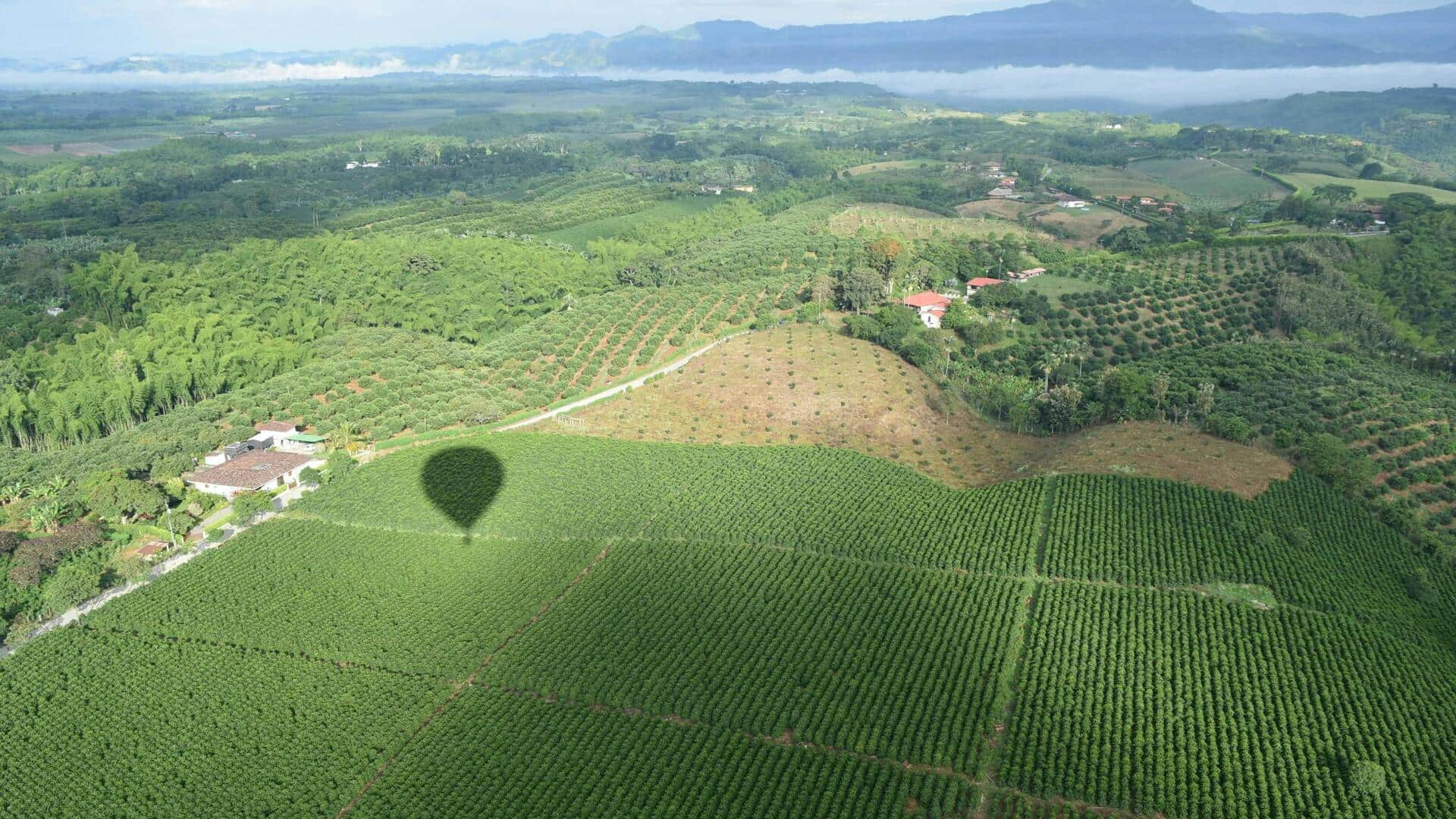
Why Karnataka's coffee plantations are a must-visit for nature lovers
What's the story
Karnataka's coffee plantations are a unique blend of nature and culture, making them an ideal destination for eco-conscious travelers. These lush landscapes are not just famous for their aromatic coffee beans but also for their biodiversity and sustainable practices. Exploring these plantations gives you a chance to witness the intricate process of coffee cultivation while enjoying the serenity of nature. Here are some insights into how you can make the most of your visit to Karnataka's coffee heartlands.
#1
Discovering Coorg's coffee estates
Coorg, also known as the "Scotland of India," is famous for its sprawling coffee estates. The region's cool climate makes it perfect for growing high-quality Arabica beans. Visitors can take guided tours of these estates to learn about the cultivation and harvesting processes. Many estates also offer homestay options, giving travelers a chance to immerse themselves in local culture while enjoying panoramic views of the plantations.
#2
Exploring Chikmagalur's heritage
Chikmagalur is where India's first coffee plantation was established in 1670. The region has a rich history, which is reflected in its colonial-era bungalows and ancient sites. Tourists can explore these historical sites while learning about the legacy of coffee in India. Chikmagalur also hosts several festivals celebrating its coffee culture, giving visitors a taste of traditional music and dance forms.
#3
Understanding sustainable practices
Sustainability is at the heart of Karnataka's coffee production. Many plantations have adopted eco-friendly practices such as organic farming and rainwater harvesting to protect the environment. Visitors can participate in workshops on sustainable agriculture techniques, gaining insights into how these practices benefit both the ecosystem and local communities.
#4
Engaging with local communities
Interacting with local communities adds another dimension to your plantation visit. Many estates employ local farmers who share their knowledge about traditional farming methods passed down through generations. Engaging with these communities helps travelers understand the socio-economic impact of tourism on rural livelihoods, while fostering cultural exchange through shared experiences like cooking classes or craft workshops.